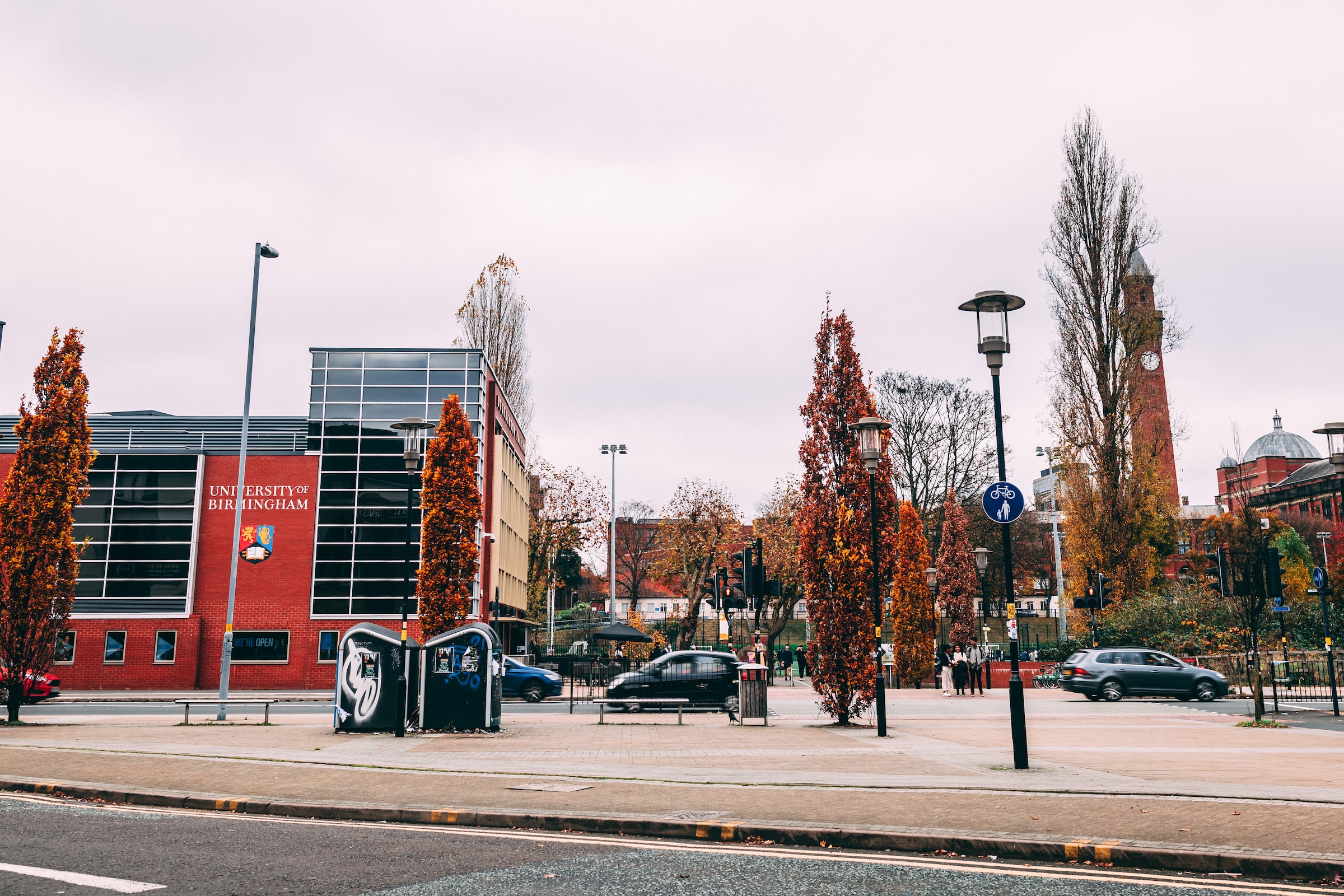
Life&Style Writer Megan Addison reflects on the new Vogue cover feature on Malala Yousafzai and her activism as she leaves university
Malala Yousafzai gained worldwide recognition as an activist for female education after being shot by the Taliban at the age of fifteen due to her activism. Malala was selected as the cover star for the July 2021 issue of Vogue Magazine. In her interview with Sirin Kale, reflection on female education (while thematic) plays a background role; the clear focus is on her experience at Oxford University. How was university life for a world-leading feminist icon?
In recent years there’s been a concerning shift in how we define and recognise activism. To many, activism is now synonymous with reposting infographics on Instagram or tweets of solidarity, with no further action once you turn your phone off. In her Vogue interview, Malala voices her discomfort at the futility of this performative activism. When I first saw that Malala was going to be the cover star of Vogue, I have to confess that I was concerned that this was a prime example of performative activism; was Vogue simply giving in to pressure to be politically conscious? Apart from the odd article here and there, I’ve never been an avid reader of Vogue and as such only saw it as influential in the fashion sphere. Candidly, I thought that fashion magazines were losing their relevance in an era where most of our fashion inspiration comes from social media. As such, making an internationally recognised activist the cover star seemed a little out of place to me. However, after reading the accompanying interview and researching Vogue itself, I realise that my initial thoughts were misguided. Vogue has a history of more diversity and activism than I had anticipated, with both Hillary Clinton and Kamala Harris being trailblazing cover stars (in 1998 and 2021 respectively).
“Was Vogue simply giving in to pressure to be politically conscious?
The lasting impression that I took away from the interview was Malala’s unexpected relatability. Her experience of university life is an undeniably universal one: last minute submissions, love-life concerns, and fear about what comes after graduation. It was unbelievably refreshing to hear such an inspirational individual describe the unsettling feeling of going from being one of the smartest in the room, to simply average and surrounded by intellectual equals at university. However, this relatability ends when she describes meeting the likes of Brad Pitt and Barack Obama. Malala’s best friend articulates how Malala went to university in order to hold onto her youth and be young; an experience that many of us remember dramatically differently – university is where you grow up.
Malala reflects on life as a student in the middle of a global pandemic, with her own gap year being cancelled. Like many, Malala completed her degree from her bedroom in her parent’s house, as a member of the “COVID class of 2020”. Her experience of lockdown boredom is visible in the secret Twitter page she set up (which is considerably more respectable than the TikTok obsession the rest of us developed). It’s easy to forget that Malala is only 23 years old when you consider her incredible achievements (including winning a Nobel Peace Prize). But she clearly struggles with the same post-graduation anxiety about what her future holds. She clearly has plenty of options (including an impressive deal with AppleTv+ and her own charity, Malala Fund), which reminded me that it’s always scarier from your own perspective. It’s terrifying to think that you have no idea what comes next, but every single university student without fail has that same experience. There is no doubting, however, that whatever Malala does she will succeed at.
“Her experience of university life is an undeniably universal one
Whether or not you think that Vogue has the appropriate demographic for an interview with an individual such as Malala, it seems intuitive that enterprises with platforms the size of Vogue’s have a responsibility to tackle the most rampant issues that the world is dealing with. The interview itself was an insightful look into the universal experience shared by university students, and the challenges that COVID has presented. Overall, I found Malala’s interview with Vogue reassuring, relatable and a successful step further into activism for the magazine.
Read More From Life&Style:
Harry’s Styles: The So-Called Revolutionary Who is Championing Gender-Neutral Fashion
Comments